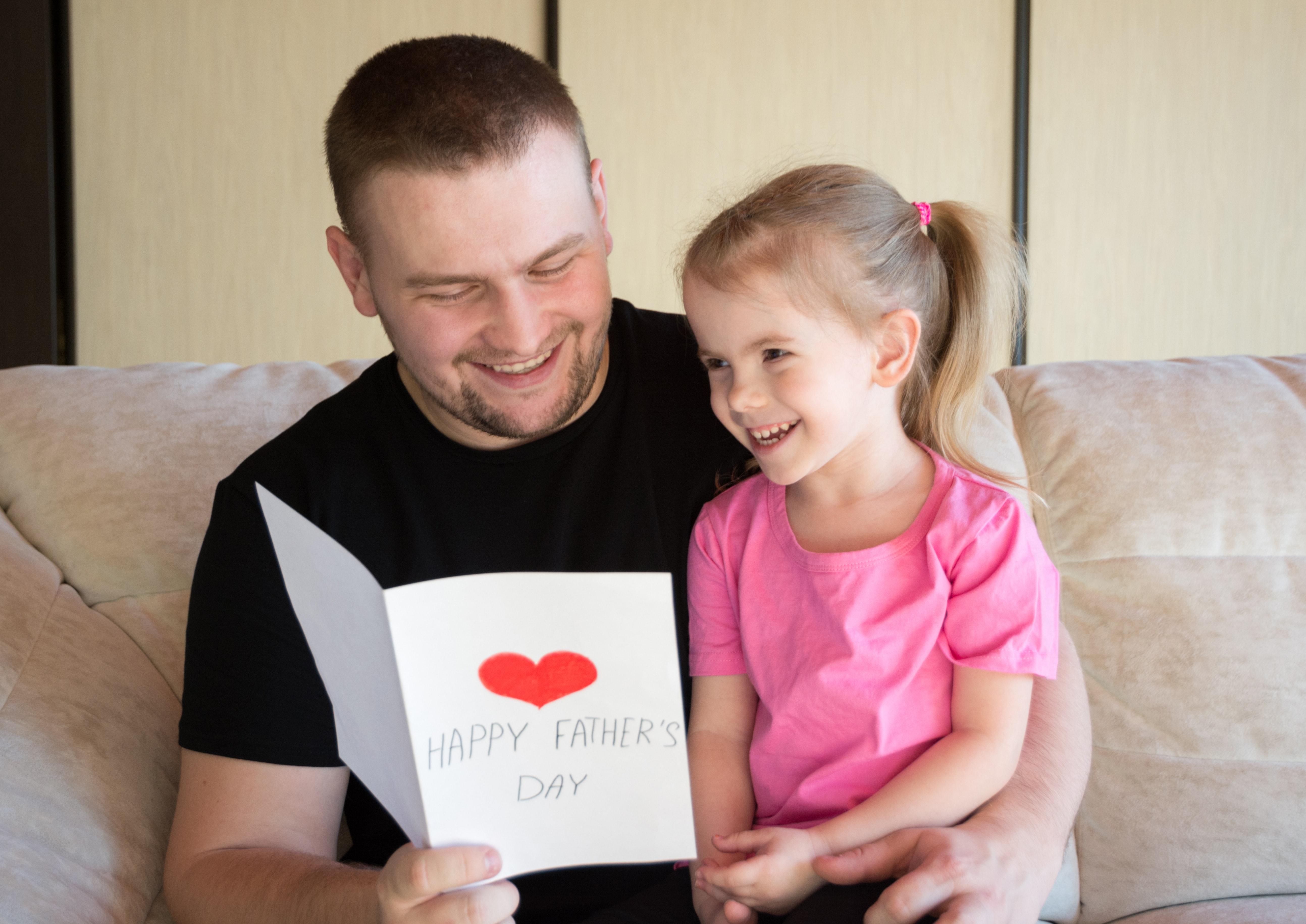Sensitivity in men, while potentially a gift and strength can frequently lead to suffering when it’s not understood or appreciated.
If you’re reading this there’s a good chance that you’re a highly sensitive man or at least know one. This trait often leads to admonitions like, “You need to toughen up”, or “Don’t take things so personally”, or “Don’t be so sensitive”.
Advice like that suggests there’s something wrong with who we are and can deal a blow to our self-worth.
Hopefully, this article will help you to better understand and appreciate the highly sensitive trait in yourself or in someone else.
High Sensitivity is Really a Thing
Highly sensitive men account for about 20% of all men, just as highly sensitive people in general account for roughly 20% of the human population. And research shows that the highly sensitive trait is equally divided between men and women.
High sensitivity, or more technically, Sensory Processing Sensitivity, isn’t a disorder but a well researched human trait. Therapist and researcher, Elaine Aron, Ph.D., published her first book on the topic, The Highly Sensitive Person: How to Thrive When the World Overwhelms You, in 1996.
Since that time she’s written many books on the topic and her research as well as the work of others has been published in leading journals.
D.O.E.S. is an acronym developed by Dr. Aron to name the significant qualities common to the Highly Sensitive Person (HSP).
- D is for depth of processing. HSPs tend to be deep thinkers. They may need time to think things over and be less likely to make reactive, snap judgments.
- O stands for over-stimulation. Because the HSP’s brain processes stimuli more deeply (visible via fMRI) they are prone to being overstimulated and need more down time to recover, relax, and re-energize.
- E stands for Empathy. HSPs have more empathy or a heightened sense of what others are feeling. This quality can be a huge asset when it comes to interpersonal communication.
- S is for awareness of subtleties. Whether it’s food, feelings, or art the HSP is aware of more subtle shades of experience or meaning.
Other common qualities in the HSP are tendencies for innovation, creativity, and originality.
So while there are distinct advantages to having a more highly sensitive brain and nervous system there are challenges as well.
The Challenge of Being a Highly Sensitive Man
While the highly sensitive trait is definitely challenging for women it’s even more so for men. A lot of men (twenty percent of all men) fall into this segment of the highly sensitive but they’re a minority living in a culture that’s biased against sensitivity.
Sensitivity isn’t a label that many men appreciate. And, “Oh, you’re really sensitive”, doesn’t feel like a compliment on a first date. Maybe this is because sensitivity is considered a feminine quality that mitigates against manly power or strength.
But what if sensitivity is simply a human trait that’s shared by a minority of the population and is poorly understood by the less sensitive majority and the highly sensitive themselves?
Whether it’s due to a lack of understanding or outright shaming, many men find ways, consciously or not, to mute their innate sensitivity in order to fit in and feel and appear more like a man is ‘supposed to be’.
While this is a protective psychological strategy it can lead to further suffering.
Feelings that are ignored or suppressed fuel anxiety, depression, and a growing list of stress-related pain and illness. These stress-induced conditions, which account for much of chronic illness, are called Psycho Physiologic Disorders (PPD) or MindBody Syndromes.
Profound support for MindBody Syndromes is found in honoring and embracing the inner terrain of feelings, thoughts, and sensations that have been defended against. Connecting with these denied parts of ourselves, while challenging, can profoundly influence our inner and interpersonal life, and also enhance our biochemical and neurological health.
Work on reclaiming our authentic inner experience often improves our physical and emotional health when medicines, nutrition, or diet alone have failed to be effective. These benefits are supported by the neuroscience around self-regulation practices and the emerging science of epigenetics.
The Gift of High Sensitivity
Enhanced sensitivity is ultimately a gift to those who possess it and for those around them, and even for society at large.
Just imagine the positive influence heightened sensitivity could have when it comes to personal relationships whether at home, work, or in the political sphere. What if we were better able to calmly and respectfully communicate our deepest intentions as well as appreciating, honoring, and understanding those of others.
An enhanced awareness of inner feelings and sensations is known as ‘interoception’ in neurological terms. Interoception is a key element for activating our innate bio-feedback mechanisms that are mediated via the brain, autonomic nervous system, and the vagus nerve.
Not being connected comfortably to our inner feeling terrain, or having a low level of interoception, leads to system wide dysregulation and the MindBody Syndromes mentioned earlier. In this dysregulated state we tend to communicate poorly and feel unwell.
Healthy Interoception is the key to balancing the functions of our mind, body, and relationships.
A serious challenge for the HSP is that enhanced sensitivity without the the skills for regulating inner experience leads to overwhelm, shutting down, and stress-related symptoms.
The good news is that as adults we can learn to safely navigate our inner terrain of sensations and feelings to support emotional balance and physical well-being. This is known as our capacity for self-regulation.
The highly sensitive man has the potential to be a more kind, understanding, loving and healthy human being. And yes, it takes practice.
Understanding how you’re put together neurologically and learning to self-regulate can make all the difference in transforming a seeming liability into a gift and a legitimate strength.

